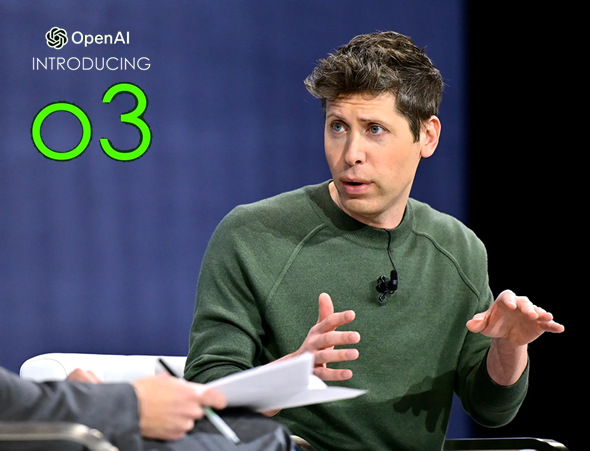OpenAI Scraps O3 AI Model, Bets Big on Unified Next-Gen Release
OpenAI has abruptly canceled its highly anticipated O3 AI model, shifting focus to a consolidated “next-generation” AI system set to debut in late 2025. The surprise decision, announced Tuesday, reflects internal efforts to streamline resources amid fierce competition and rising user demands for adaptable, multi-purpose AI tools.

Insiders claim the O3 project was shelved after breakthroughs in cross-functional AI training hinted at a unified model capable of outperforming specialized systems. “Why build 10 tools when one can do it all?” said OpenAI CTO Mira Chen in a press briefing. “This pivot ensures faster deployment, lower costs, and seamless integration for developers.”
ALSO READ
AI Revolution: OpenAI CEO Sam Altman Predicts Future of AI-Driven Workplaces
The move has sparked mixed reactions, with some developers mourning lost O3-specific features while others praise the bold consolidation strategy. OpenAI confirmed the new model will merge capabilities from GPT-5, DALL-E 4, and Codex into a single “omni-platform” interface, targeting enterprise and consumer markets simultaneously.
Pre-orders for early access will open in Q3 2025, with beta testers gaining priority. Analysts warn the delay could cede short-term ground to rivals like Google DeepMind—but OpenAI insists the gamble will redefine AI scalability.
